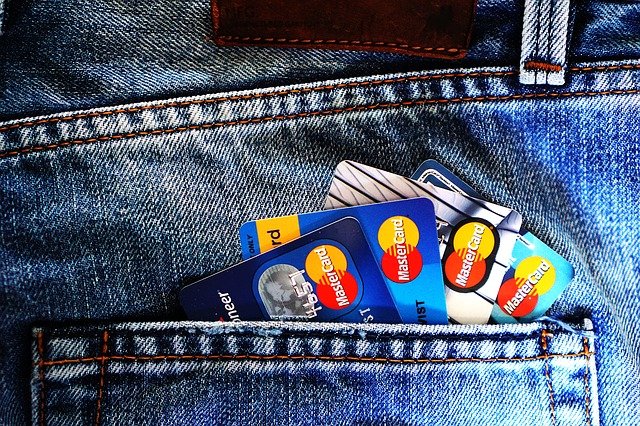Access to credit is imperative to making large purchases and connecting to the financial system. If you are looking for more information on growing or maintaining a good credit score, we have some tips to help you along your journey. The advice below outlines practical information that almost anyone can use to establish a strong financial footing. And if you are hoping to make a large purchase such as a home soon, taking these steps sooner rather than later can help you secure a mortgage on terms that are favorable to you.
Research Your Creditor’s Requirements
One of the most fundamental aspects of obtaining and maintaining a good credit score is to know the requirements for each creditor. You want to try and make sure that you meet at least their minimum requirements before you apply. This will reduce the likelihood of credit denial after applying for a loan.
Remember that each time you apply for credit, a record is created for it on your credit score. Too many credit requests in a short timeframe can lower your score and lead to higher interest rates over time. And no one wants that.
Taking care of your credit is especially important if you plan to make a large purchase within the next year. For instance, if you are looking to buy a home soon, conduct due diligence with a potential creditor.
If you are a veteran, researching VA loan credit requirements might help you find an affordable mortgage rate. And if you do not have access to these types of loans, many first-time homebuyers may want to work with their local credit union or bank. You will often find that they are looking for steady payment histories and a lack of delinquent accounts.
Through researching the requirements online or by calling the credit institution, you can set yourself up for success during the application process.
Pay Off Your Balances Monthly
One way to help keep your credit score high is aiming to pay off your credit card balances monthly. In doing so, you will not pay hefty interest rates, and you can then use that money to pay down other debts or invest for your future.
However, if you find that you are not able to pay your debts off every month, consider putting more than the minimum payment towards the debt. Credit card companies make their profit from the interest they charge you.
If you only pay the minimum balance on your credit cards, it can take you years to pay off your debt. And not only will it take a long time to pay off, but you could also potentially pay thousands of dollars in interest along the way to being debt-free. It is best to try and avoid this issue by paying your balance in full every month.
Know that even small amounts above the minimum payment can make a difference in getting your debt paid off more quickly. So even if you only have an extra $10 to spare, put it towards your debt. Your future self will be thankful!
Use a Small Portion of Your Credit
Another important piece to keeping a good credit score is to use only a small portion of the credit you have available. Try keeping the credit you actively use to no more than 40 percent of your available credit lines.
Using your credit in moderation is the best practice. This will help to show that you use your credit responsibly. And it also demonstrates that you will likely be able to pay back new credit on time.
Also, try to spread your credit balances across several lines of credit. For instance, if you have three credit cards, try not to use only one for all of your credit needs. This can sometimes cause your credit score to drop and cause your current and potential creditors concern.
Using these tips can help you maintain or work towards reaching your credit goals. Ultimately, your long-term objectives can be achieved by keeping your credit score high. And to keep a good credit score, you will need to use your credit wisely to help build the life of your dreams.




